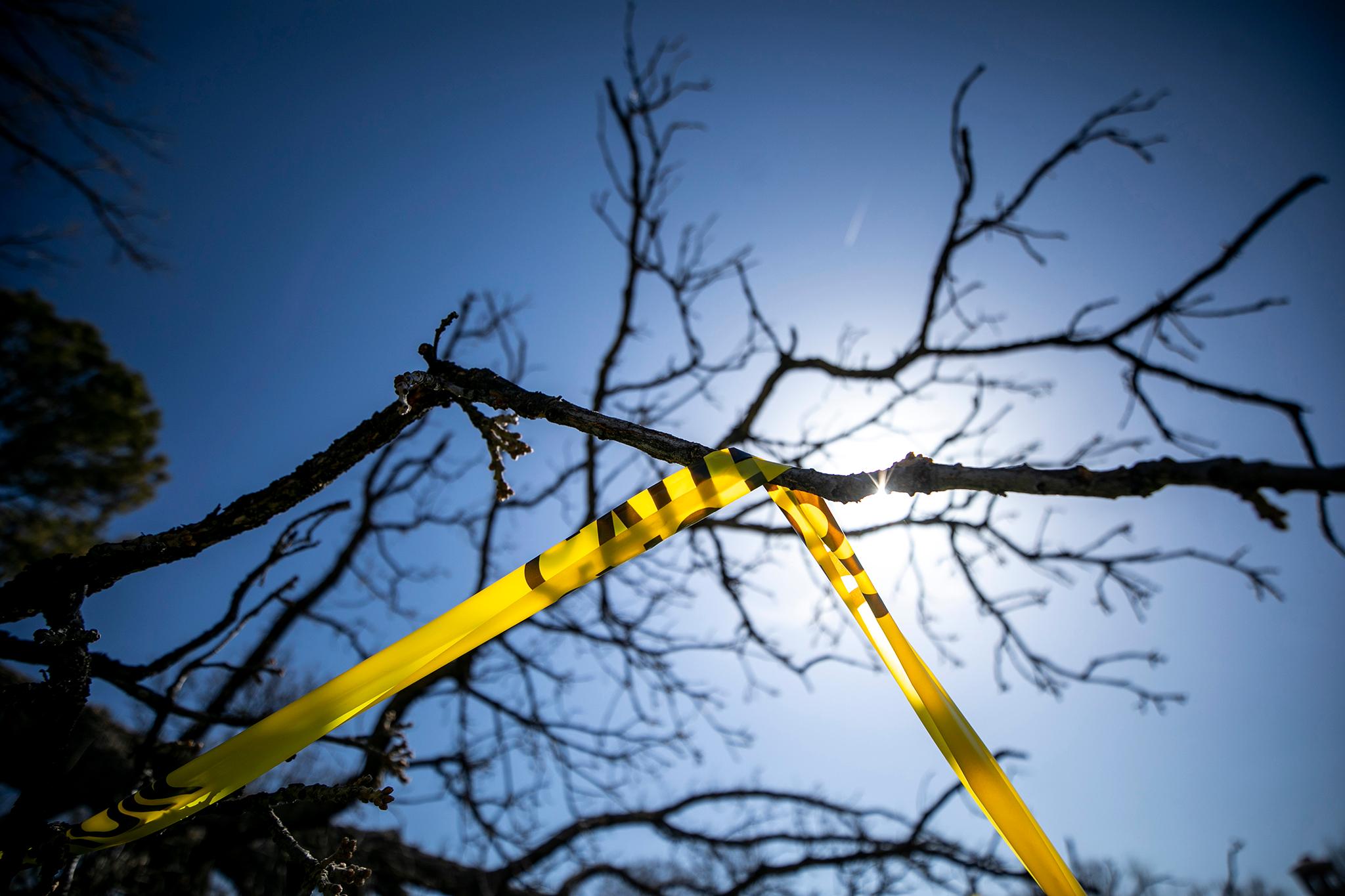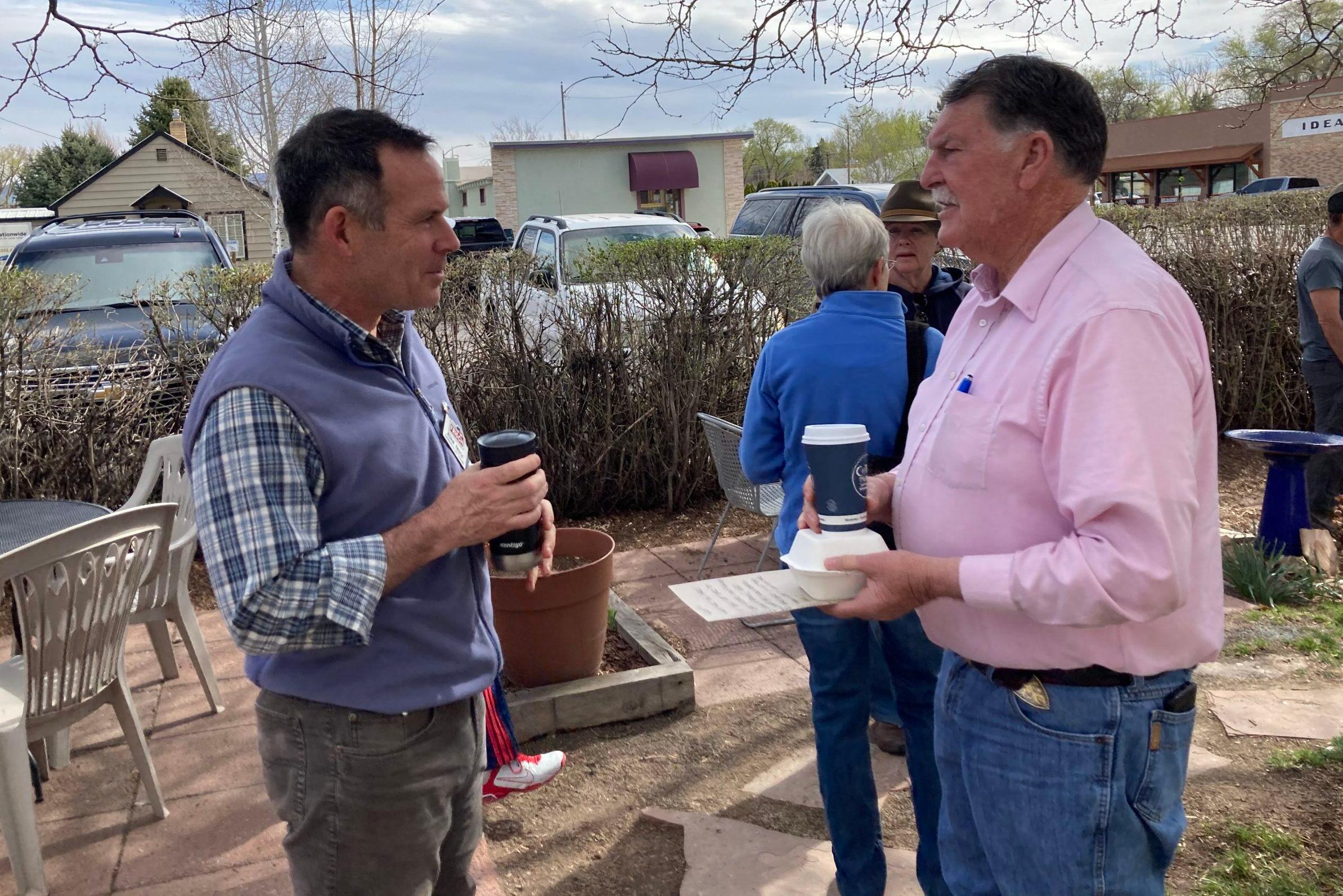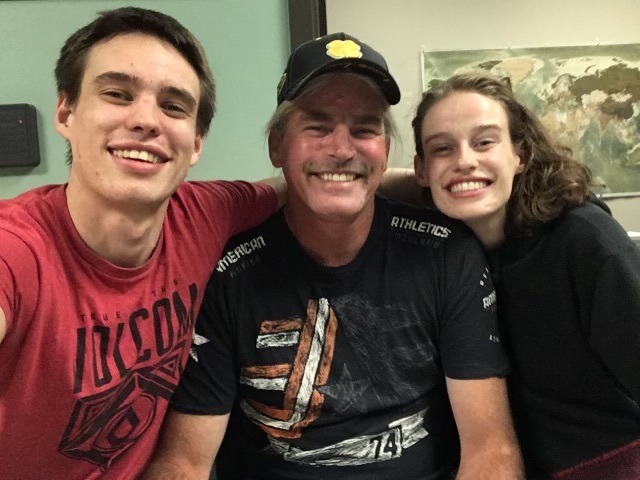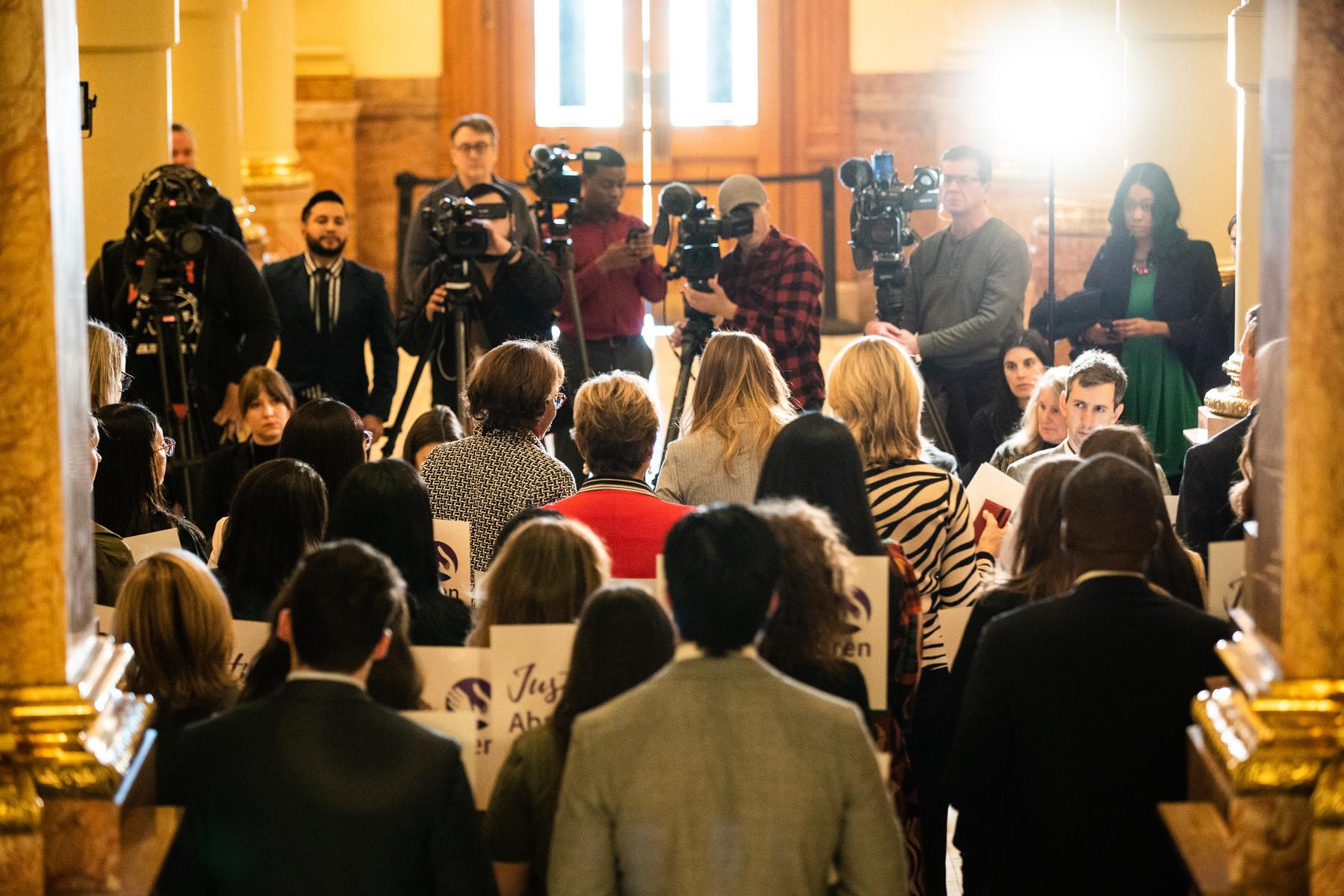
On the heels of voters expressing frustration over this year’s caucuses, Gov. John Hickenlooper says the state should move toward a primary system for presidential elections.
The heads of both major political parties in the state have expressed similar positions.
Democratic caucuses earlier this month were overcrowded and caught party organizers off guard. Voters reported long lines, and some were even turned away. There was enough of an uproar that Rick Palacio, chairman of the Colorado Democratic Party, offered his "sincerest apologies" to anyone who was turned away or gave up before they could cast a vote.
Grateful for the turnout, he nevertheless said, "I think that last night may have shown that Colorado has outgrown caucuses at the presidential level."
On the Republican side, party officials opted out of a presidential preference poll altogether because they didn't want to delegates to be bound to candidates who might in the end not make it all the way to the national convention later this year. GOP chair Steve House is currently focused on wrapping up the delegate selection process. But once it's over, he too has said he wants to help the state switch to a presidential primary.
Switching to a presidential primary would cost the state and counties millions of dollars every four years. But the governor says he’s starting to think the cost would be worth it.
"I think this would have been a very good year to have a primary rather than a caucus," he said. "We would have had a lot more attention by the candidates. I think we would have had more people participating in the discussion, the debate, than we had."
A bipartisan bill to switch to a presidential primary died in the state legislature last year. It noted that Colorado held primaries from 1992 until 2000, but ended the practice in 2003.
There’s talk at the state Capitol that the bill may be reintroduced this session. In the last session, legislative staff estimated a return to primaries would have cost the Department of State a minimum of about $1.7 million in the 2016 election cycle. On top of that, county clerks would have costs of approximately $4 million to $5 million each presidential cycle.
A separate effort is also in the works to put an initiative on the ballot that would allow unaffiliated voters to participate in primaries. Hickenlooper says he’s open to that idea, too. It says that since taxpayers foot the bill for primaries, "all eligible voters who want their voices to be heard should be able to vote in those elections."









